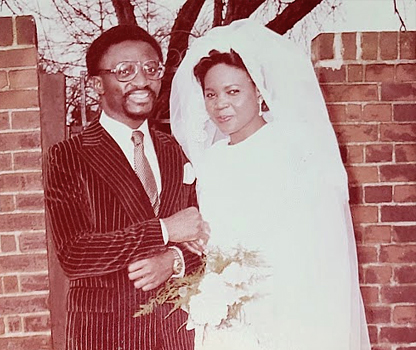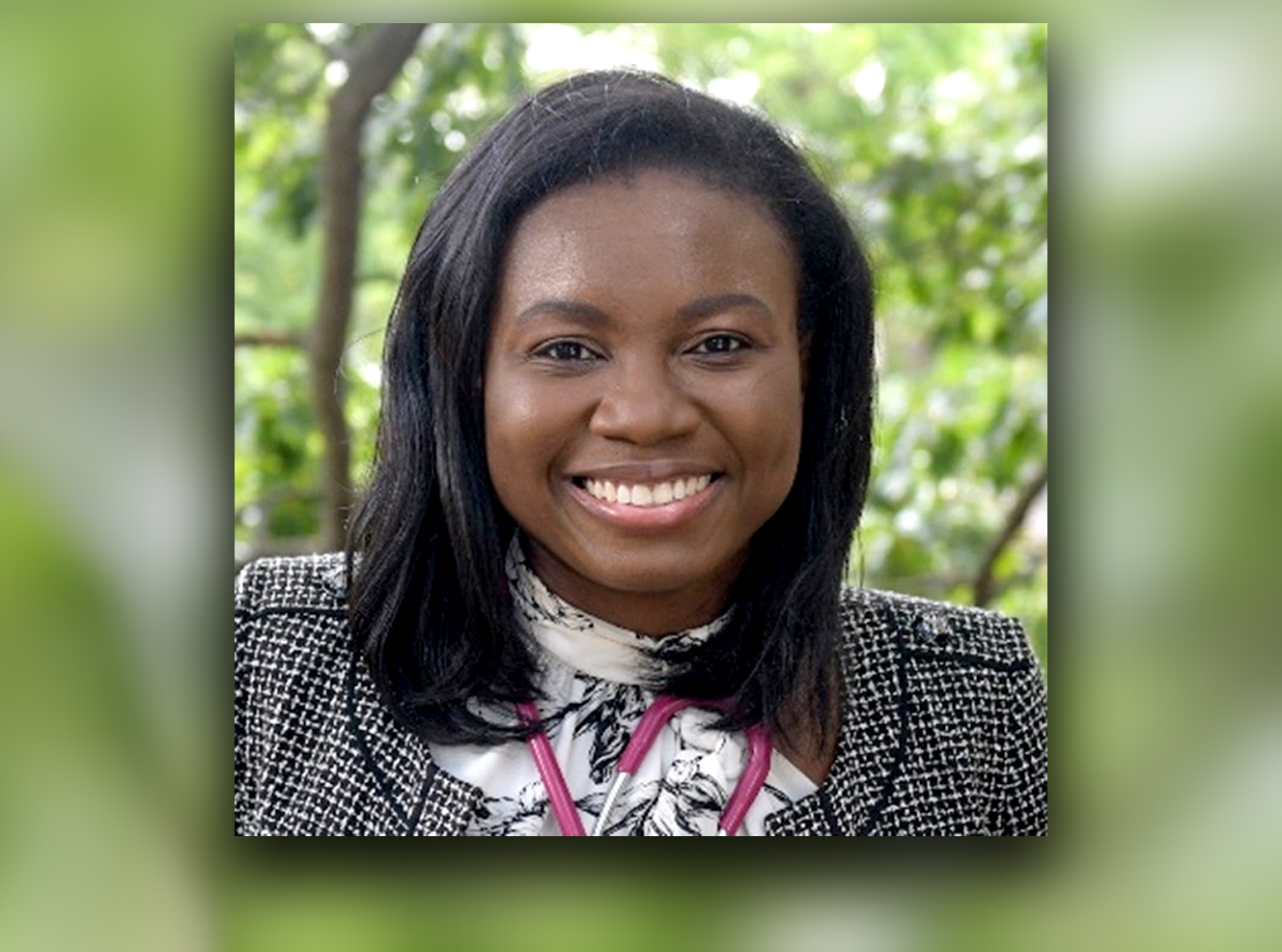The number of women entering medicine and science is equal to men, but as both genders’ careers progress, women are significantly less represented at the leadership level in these fields. A main reason for this disparity is the challenge women face managing the competing demands of work and home — the balance of both their family life and career can prove to be quite difficult, and research has shown that motherhood can negatively impact career advancement.
To provide extra support to these women, the Women in Academic Medicine Committee at Massachusetts General Hospital established the Claflin Distinguished Scholar Awards — named for longtime volunteer Jane Claflin — in 1993. The award, which provides each scholar with $60,000 a year for two years, is partly funded by the MGH Fund, the hospital’s main source of unrestricted funding, and aims to tackle a significant obstacle to career advancement many women face during their child-bearing years: maintaining research productivity.

Since its launch approximately 30 years ago, more than 100 women have received Claflin Awards, many who have gone on to become pioneering leaders of innovative discoveries. In 2024, Mass General announced eight new Claflin Distinguished Scholars. One scholar, Aderonke Bamgbose Pederson, MD, shared more about her path to medicine; her research to identify mechanisms that result in barriers to engagement in health services for underserved populations; and what receiving this award means to her.
What inspired you to choose medicine as a career?
A lot of my life is shaped by the fact that when I was a teenager, I lost both of my parents to lung cancer. We were living in Nigeria when my dad, who was a college chancellor, passed away. My mom moved my three brothers and me to Chicago. Two years after my dad passed away, when I was 17 years old, my mom also passed away.

She was a single mom, an educator in Chicago Public Schools and a strong Black woman who pushed through everything for her four kids. She never smoked or did anything to create added risk for lung cancer. When she got sick, it happened over three weeks: at first, doctors thought it was a pulmonary issue. The second week, they thought she might have tuberculosis. By the third week, they had figured out it was metastatic lung cancer that had spread to her bones, and she was gone.
But, a year before, a work-related routine chest X-ray showed something on her lungs. There were several social barriers — like being a new migrant who did not understand the local healthcare system — so she didn’t follow-up on it until she got really sick. That moment in time showed me it’s not hypothetical when we talk about access. It’s life or death. There are people out there who have something they’ve noticed, but they can’t get care because they don’t have insurance, speak the language or don’t have time away from work and family obligations. And that does something to the people who are left behind. For my brothers and me, it changed the trajectory of our lives. The concept of lack of access to care was fully lived out in my mother and what happened to her.
How did that experience translate to your focus on mental health?
I became focused on a holistic approach to caring for people. I didn’t decide on mental health until medical school, and over time, I started thinking about these big questions around mental health and their public health impact. There’s a balance between one-on-one interactions with a physician and a patient, and a more global need to make sure the structures and the systems we work within are designed so those who tend to be underserved and disadvantaged don’t fall through cracks of the healthcare system.
My work is centered on building mechanisms that address access to healthcare, in particular the stigma around mental health and medical mistrust for certain populations. Some people out there don’t feel hospitals are healing spaces because of historical injustices and discrimination, so how do we make that better?
What does receiving the Claflin Distinguished Scholar Award mean to you?
When I first heard about the Claflin Awards, I thought to myself, “Mass General really gets it when it comes to the barriers to equity and advancement for women in an academic medicine career.” The hospital understands the questions we ask ourselves as physician-scientists and as women, mothers and caregivers, and that our needs are different. Intersectional factors such as gender and race are both important and critical to acknowledge in fostering academic success for those underrepresented in academic leadership.
“Receiving this award feels like an affirmation: your work is valuable, we want to support you and we want to give you a boost, knowing that you’re contributing to improving the health of your community through academic medicine.”
Through the Claflin Awards, Mass General is acknowledging the importance of alleviating some of the barriers women face. Receiving this award feels like an affirmation: your work is valuable, we want to support you and we want to give you a boost, knowing that you’re contributing to improving the health of your community through academic medicine.
With the funds from the Claflin Award, I’m hiring a postdoctoral fellow to help advance my research. It benefits me in terms of adding resources and productivity, and I can add value by modeling for this fellow what it’s like to balance family and academic medicine. We know women are at risk of leaving the field because of the pressures of being a working mom and striving for excellence. The additional support from the Claflin Award is critical in my career, and it reminds me that I’m contributing to society both as a caregiver and in public health.
Tell us more about your family.
As a teacher and a principal, my mom modeled for me the idea of being a working mom. I have full respect for whatever we all choose in terms of how we shape our families and lives, but I don’t think the duality of being a working mom would have been accessible to me without her. She showed me I didn’t have to pick and choose. Now, I have two daughters and two sons, and they watch everything. One of my daughters says she wants to be a doctor like me.
To support the Claflin Distinguished Scholar Awards and other programs like it through the MGH Fund, click here.

